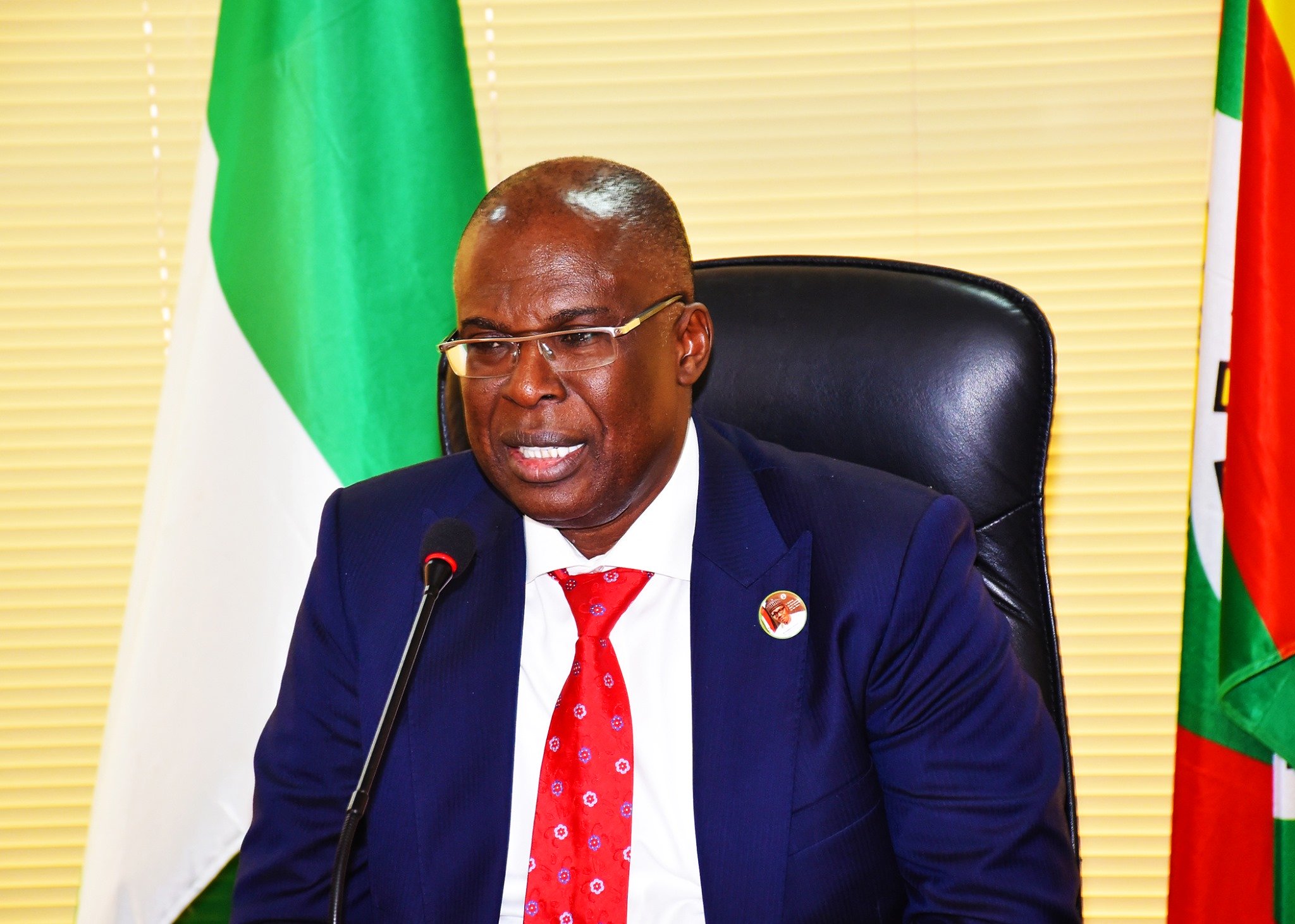The Federal Government has again reiterated that subsidy on petrol will soon be withdrawn because it is not beneficial to the common man but favours a few rich individuals and firms.
Minister of State for Petroleum Timipre Sylva told reporters on Tuesday in Abuja that there is no going back on the decision because the government can no longer afford it.
Sylva explained that although withdrawal of subsidy will be painful initially, it will pay off for the poor in the long run.
“Subsidy removal will come with some pains but the question is, can we continue with petroleum subsidy as a country? If we cannot continue, what options do we have?
“I think the best is take out subsidy. From the government of ex-Military President Ibrahim Babangida in the 80s, it has defied all efforts to withdraw petrol subsidy. Diesel is now deregulated, Kerosine is now deregulated but petrol has defied deregulation. Should we continue with this subsidy?
“The Federal Government does not lack courage, our President does not lack political will.
“ Who is really benefitting from subsidy? It is confusing. Some people are benefitting but certainly not the common man. Though it does not really benefit the common man, when you try to remove it, the common man comes out to defend it.
“ Now, can we carry on with subsidy if you consider the amount of money swallowed by subsidy? If you want to carry on with subsidy, how do we get the money to fund it? The best way out is to take out subsidy because if we don’t, we will continue to beg the question,” the minister said.
“It was practiced for a few months, but when the prices began to move up, some people started threatening and we had to return to it.
“ This is a democracy and having deregulated for a few months, we had to step back because this government has listening ears,” he said.
“The price differential is a major incentive for smuggling and it is very difficult to police the borders. We must find a way out of it; if not, you will continue to keep your price down in Nigeria while the neighbouring countries will continue to feed fat on subsidised fuel from Nigeria,” he said.
“The PIB is fully on course. We’ve had many meetings with the National Assembly and other stakeholders. Although the National Assembly had earlier promised to pass it in April, but that did not work, I believe that the passage will not go beyond June,” he said.
He said the administration of President Buhari had attracted about $16.3billion Foreign Direct Investment (FDI) to the oil and gas sector.
He explained that the Nigeria-Morocco gas pipeline which had been on the drawing board will cost $21billion.
He said the Federal Government will soon disengage from managing refineries.
The refineries will either be handed over to Operation and Management Contractors (O and M) or allow Nigerians to decide if the government should sell them or go public at the stock exchange.
“The refineries in Nigeria have been the weeping babies of the industry but we believe that it is important that they are at least made functional before we can say this is the direction to take.
‘So if you have a dead refinery, how do you sell a corpse? It doesn’t make sense. Some people say no it is a dead refinery, so why are they fixing it? So what am I going to do with it?
“Is it not better for me to at least resuscitate the dead refinery then look for the option of what to do with it? If I sell it, they will say he is selling a dead refinery but now you say let me resuscitate before selling and they say why are you resuscitating it? So whatever you do they will talk.
“The so called dead refineries were sold by the administration of the late President Umaru Yar’Adua, they shouted and it was reversed.
“So now we said this time let’s try and fix it and they said why? So you can see the dilemma.
“What we want to do is ensure that the refineries are functional and when it is, the first thing we want to do is not to run it as a government. We want to put an O and M contractor.
“At some point, we will put out the advertisement for professional refinery managers to bid for managing it. So, it is not going to be subject to government issues anymore when it begins.”



